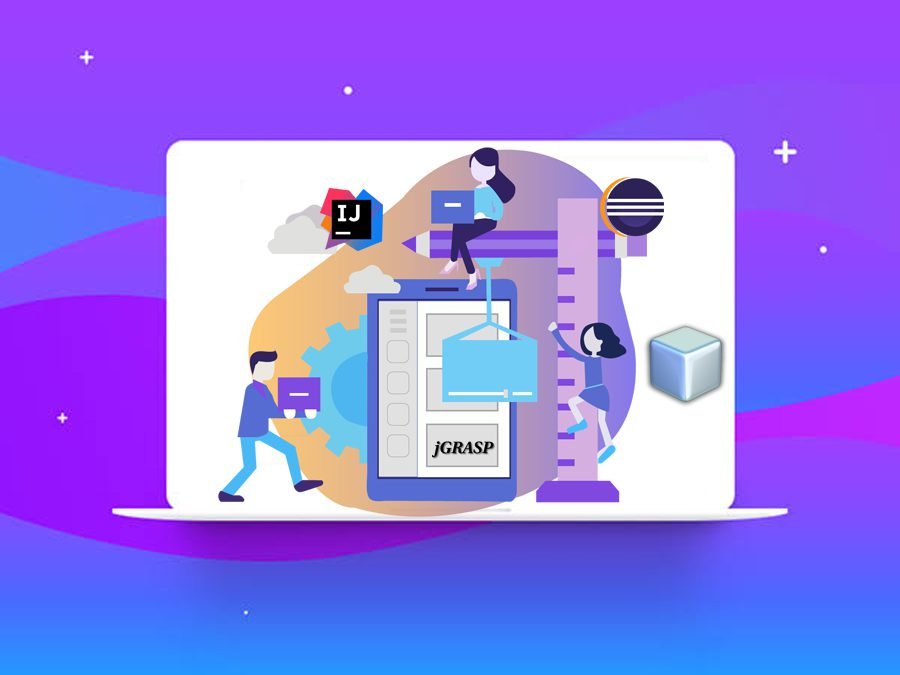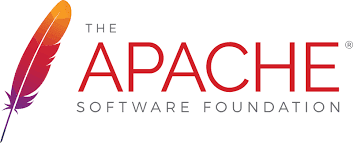Salesforce DX is now one of the top-rated and most chosen CRM platforms now to build cozy and user-friendly business apps. The platform not only offers rapid development capacities but also let both individual developers and software development teams make applications to address any specific needs of various industries. Even though Salesforce now helps to fill the gaps between functionality, speed, implementation, and scalability, it is not fully void of challenges.
In this article, we will try to discuss some major challenges Salesforce developers and implementers need to face and how to effectively manage it.
Challenges related to governance
The major hurdle when it comes to implementing Salesforce is the issues related to its governance. The majority of the business organizations will have their own specific roles and responsibilities when it comes to the tasks of each team member. What they tend to lack are adequate systems and apps to be in line with the customized policies and work allocation.
When various factions are not allocated and tracked properly between different team members, it ultimately leads to failure in proper governance. Say for example, while the code is deployed, the best practice is to:
- Who deploys code?
- Who makes the changes?
- When and how the changes are made?
- Whether the changes are appropriately tested and cleared?
- If end-to-end testing is done after each modification of the system?
The IT administrators need further help to implement apt operating models, which will enable proper management of the mitigated technological risk. As per Flosum.com experts, developers and implementers should also well understand the actual business impact of the implementation risks too based on an organization’s dependency on technology.
You might also like to read about Shadow CRM Apps
Salesforce DX solution
- It will deploy a platform featuring low code to make things easier for citizen developers.
- Salesforce DX features a sandbox environment and testing approach for the developers to do it without breaking things.
- Developers can also write codes if there is a need for custom UI or wants any advanced functions.
- Salesforce DX uses secure components that will easily connect to other enterprise systems too while the app needs access to enterprise data.
- Salesforce defines various tiers of the application types.
If needed, it can build components to be used by the citizen developers.
- The low-code applications can be tested in a sandbox environment.
Enterprise collaboration
Modern business users do have apps to track the end-to-end processes related to various aspects of their business. Say, for example; all customer activities can be tracked from lead generation to opportunity – quote – and finally to cash – with the help of a CRM solution to track the buying progress.
Similarly, developers also need to keep a track of the centralized intakes from all involved teams and then prioritize the requirements to assign different requirements to corresponding developers. The major challenge in this is that most of the organizations have to do it manually or by using a spreadsheet or so. Now, many of the Salesforce customers use version control systems. This allows the developers to easily and instantly recover from their mistakes and backup code.
Read Also How to Get Client Feedback on Your Responsive Website










![Explain SEO in Digital Marketing – [Beginning to End Guide]](https://www.gadget-rumours.com/wp-content/uploads/2025/01/Explain-SEO-in-Digital-marketing-768x403.png)

































![Explain SEO in Digital Marketing – [Beginning to End Guide]](https://www.gadget-rumours.com/wp-content/uploads/2025/01/Explain-SEO-in-Digital-marketing.png)

